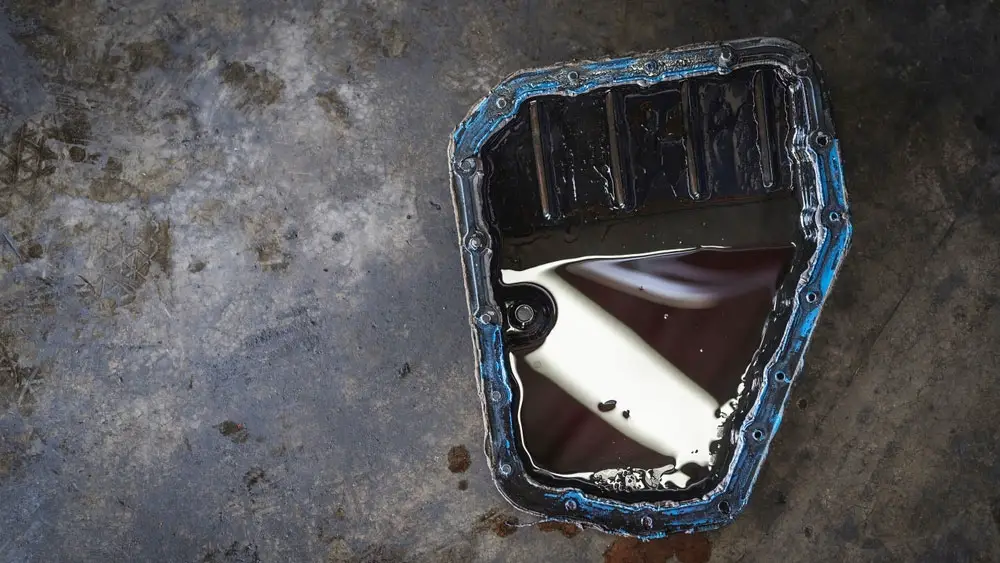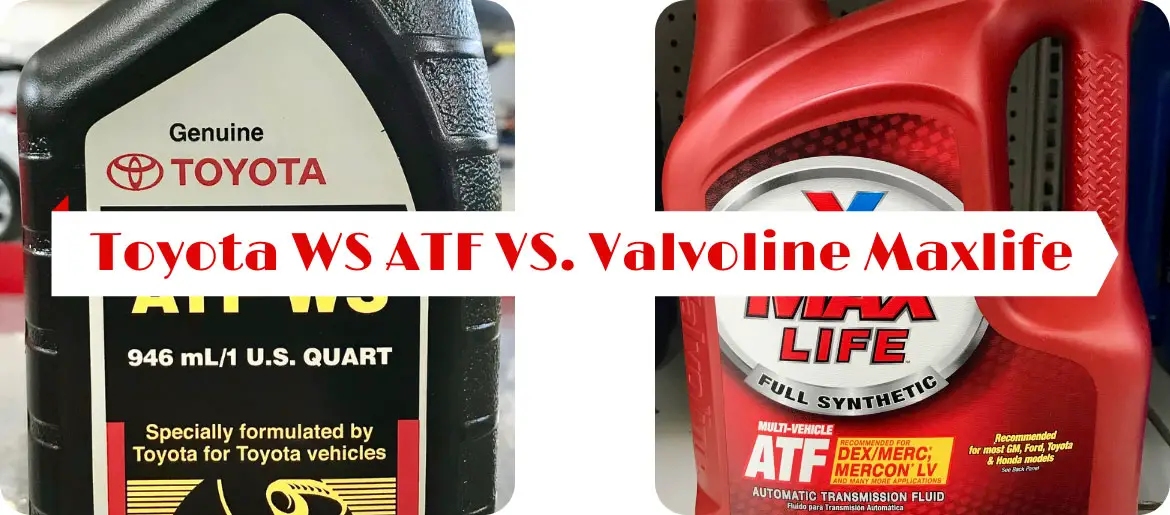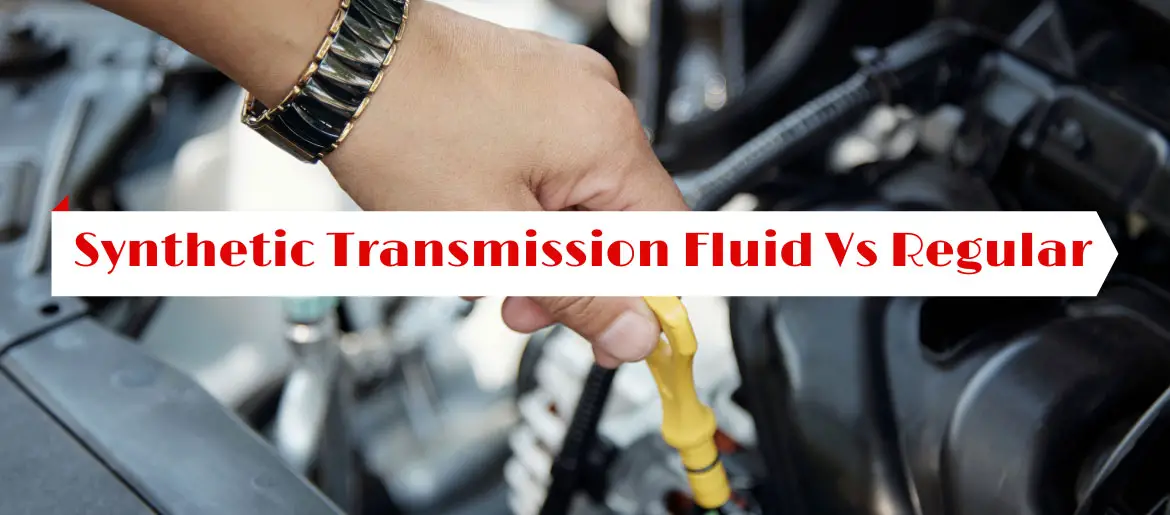Where to Dispose of Transmission Fluid: Eco-Friendly Options
Dispose of transmission fluid by taking it to service establishments or retail establishments for recycling, such as quick lube facilities, gas stations, car garages, dealerships, big box stores, or automotive parts stores. Pour the fluid into a leak-proof container and drop it off at the nearest automotive fluid collection site.
Avoid pouring transmission fluid down the drain, toilet, storm drain, or in your backyard, as it is illegal and harmful to the environment. Additionally, do not mix transmission fluid with any other automotive products or used motor oil. Recycling the fluid ensures proper disposal and helps reduce environmental impact.

Recycling Options For Transmission Fluid
According to this discussion on a forum, instead of dumping your used oil, take it to a service establishment or a retail establishment for recycling. Service establishments such as quick lube facilities, gas stations, car garages, dealerships, and marinas that provide oil changing services accept used oil for recycling.
For transmission fluid disposal, pour the fluid into a leak-proof container and drop it off at the nearest automotive fluid collection site. Do not pour transmission fluid in a sink, toilet, storm drain, or your backyard as it can be harmful to the environment.
To properly dispose of other car fluids such as brake fluid, antifreeze, or power steering fluid, wrap the bottles in a trash bag and take them to a location that can recycle them, such as an auto parts store or mechanic shop.
Remember, it is illegal to put automotive fluids like brake fluid, motor oil, oil filters, power steering fluid, and transmission fluid in the trash or pour them on the ground.
Retail Options For Transmission Fluid
When it comes to disposing of transmission fluid, it is important to handle it properly for both environmental and safety reasons. Instead of dumping your used oil, it is recommended to take it to a service establishment or a retail establishment for recycling. Service establishments such as quick lube facilities, gas stations, car garages, dealerships, or marinas that provide oil changing services usually accept used oil for recycling.
On the other hand, big box stores or automotive parts stores that sell significant quantities of new lubricating oil also often have oil recycling programs. Simply pour the transmission fluid into a leak-proof container and drop it off at the nearest automotive fluid collection site. Make sure not to mix the transmission fluid with other fluids as most locations will not accept contaminated fluids for recycling.
If you want to dispose of your transmission fluid on your own, it is crucial to follow proper procedures. Never pour it in a sink, toilet, storm drain, or your backyard as it can harm the environment and pose a risk to human health. Instead, wrap the containers securely in a trash bag for transportation and take them to appropriate recycling locations such as auto parts stores or mechanic shops.
These establishments usually have the necessary facilities to handle and recycle used fluids safely. Remember, it is illegal to dispose of transmission fluid, along with other automotive fluids, in the trash or pour them on the ground, down the drain, or in a storm drain to protect the environment.
Proper Disposal Process Of Used Transmission Fluid
To dispose of transmission fluid properly, follow these steps:
1. Pour the transmission fluid into a leak-proof container.
2. Find the nearest automotive fluid collection site and drop off the container.
3. Avoid pouring transmission fluid into sinks, toilets, storm drains, or your backyard as it can have negative environmental impacts.
4. Many service establishments like quick lube facilities, gas stations, car garages, dealerships, or marinas that provide oil changing services accept used oil and other automotive fluids for recycling. You can also check with retail establishments such as big box stores or automotive parts stores that sell new lubricating oil in significant quantities.
5. It is important to remember that if the transmission fluid has been contaminated with other fluids, most locations will not accept it for recycling.
Alternative Disposal Methods
When it comes to disposing of transmission fluid, there are a few alternative methods you can consider. One option is to call local automotive or lube places and inquire if they accept transmission fluid for recycling. Many of these establishments have tanks to dispose of fluids like oil and transmission fluid. Another option is to take your used waste automotive fluids to auto parts stores such as Advance Auto or Autozone, as they often have recycling programs in place.
It is important to note that you should not, under any circumstances, pour transmission fluid in a sink, toilet, storm drain, or your backyard. Doing so can have negative environmental consequences. Instead, pour the fluid into a leak-proof container and drop it off at the nearest automotive fluid collection site. By following these steps, you can properly dispose of your transmission fluid while minimizing any harm to the environment.
Importance Of Proper Disposal
When it comes to disposing of transmission fluid, it is important to follow proper procedures to protect the environment and ensure the longevity of your engine and transmission. Never pour transmission fluid down sinks, toilets, storm drains, or in your backyard. Instead, consider recycling the fluid to reduce the environmental impact. You can take your used oil to service establishments such as quick lube facilities, gas stations, car garages, dealerships, or marinas that offer oil-changing services. Retail establishments like big box stores or automotive parts stores that sell new lubricating oil may also accept used oil for recycling.

For transmission fluid disposal specifically, pour the fluid into a leak-proof container and drop it off at the nearest automotive fluid collection site. It is important to note that if your motor oil, transmission fluid, brake fluid, or antifreeze has been contaminated with other fluids, many recycling locations may not accept it. Recycling these fluids properly can help protect the environment and prevent damage to engine and transmission bearings.
Remember, never dispose of transmission fluid by pouring it down sinks, toilets, storm drains, or in your backyard. Instead, opt for recycling options available at service establishments or retail establishments that sell new lubricating oil. By properly disposing of transmission fluid and other automotive fluids, you can do your part in reducing environmental impact.
Additional Recycling Options
Dispose of used oil, transmission fluid, anti-freeze, etc., at auto parts stores or mechanic shops. Instead of dumping your used oil, take it to a service establishment (quick lube facilities, gas stations, car garages, dealerships or marinas who provide oil changing services) or a retail establishment (big box stores or automotive parts stores that sell significant quantities of new lubricating oil) for recycling.
For transmission fluid disposal, pour fluid into a leak-proof container and drop it off at the nearest automotive fluid collection site.
Most automotive or lube places have tanks to dispose of fluids like oil, transmission fluid, etc. Call around and ask if they take them for recycling.
You can also take used waste automotive fluids to auto parts stores such as Advance Auto or Autozone. O’Reilly Auto Parts also offers free oil, fluid, and battery recycling.
Remember, it is illegal to put brake fluid, motor oil, oil filters, power steering fluid, and transmission fluid in the trash or pour them down the drain or storm drain. Proper disposal is essential for the environment.
Safe Disposal Measures
When it comes to disposing of transmission fluid, it is important to follow safe disposal measures. One method is to wrap transmission fluid containers in a trash bag for transport. This helps prevent any leakage or spills during transportation.
Once the containers are sealed, there are a few options for safe disposal. One option is to take the containers to local waste management sites. Many of these sites have designated areas for automotive fluids where you can drop off your sealed containers.
Another option is to take the sealed containers to auto parts stores. Some auto parts stores have programs in place for recycling automotive fluids.
It’s important to note that if your transmission fluid has been contaminated with other fluids, most recycling locations will not accept it. It is also illegal to pour transmission fluid down the drain, toilet, or storm drain, as this can harm the environment.
Frequently Asked Questions For Where To Dispose Of Transmission Fluid
How Do You Get Rid Of Transmission Fluid?
To properly dispose of transmission fluid, pour it into a leak-proof container and take it to the nearest automotive fluid collection site or a service establishment for recycling. Do not pour it down the drain, trash, or in a storm drain.
Some auto parts stores and mechanic shops also accept used oil and transmission fluid for recycling. Make sure to store the container away from children, pets, and sources of ignition.
Can You Put Transmission Fluid Down The Drain?
No, it is illegal to put transmission fluid down the drain. It should be properly disposed of at an automotive fluid collection site for recycling. Do not mix it with other automotive products or pour it on the ground.
Can You Mix Motor Oil And Transmission Fluid For Recycling?
No, you should not mix motor oil and transmission fluid for recycling. Each should be poured into separate, well-rinsed, non-breakable containers with screw-on lids. Do not mix with other automotive products or used motor oil. Find a local automotive fluid collection site or an auto parts store that accepts these fluids for proper disposal.
O’Reilly Auto Parts is one such store that accepts transmission fluid for recycling.
Conclusion
When it comes to disposing of transmission fluid, it’s important to do so in an environmentally responsible way. Avoid pouring it down the drain or in your backyard, as this can harm the environment. Instead, opt for proper disposal methods such as taking it to a service establishment or retail establishment that offers recycling services.
Some auto parts stores also accept used automotive fluids. Remember to pour the fluid into a leak-proof container and drop it off at the nearest automotive fluid collection site. By following these guidelines, you can effectively dispose of transmission fluid and play your part in protecting the environment.




